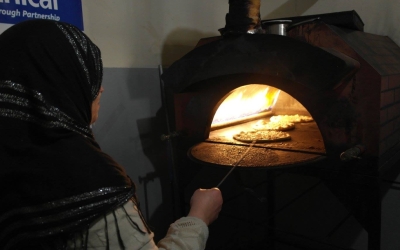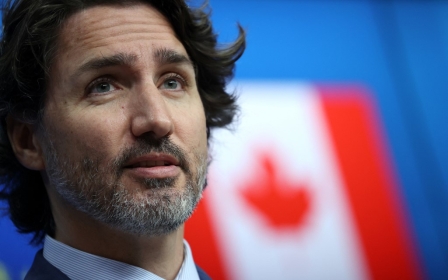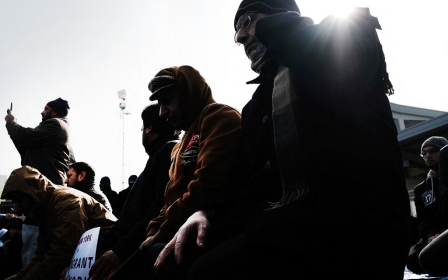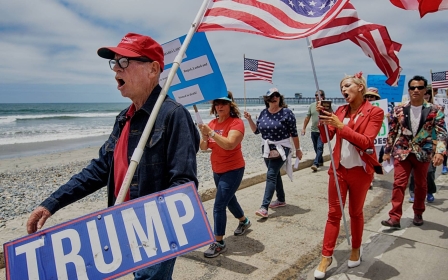UAE financed smear campaign against Islamic Relief charity, report says
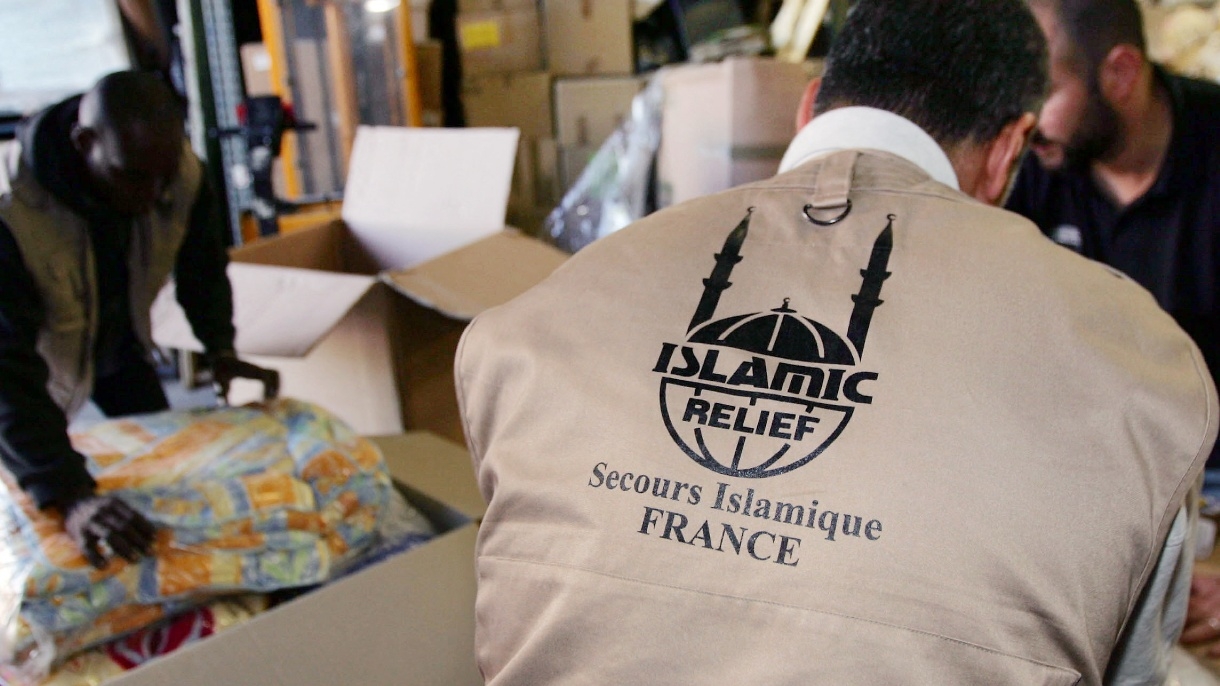
The United Arab Emirates financed a smear campaign against the UK-based charity, Islamic Relief Worldwide, and sought to link officials with the organisation to the Muslim Brotherhood and violent extremists, The New Yorker reported.
In a lengthy report published on Monday, the magazine alleged that Alp Services, a Geneva-based private intelligence firm headed by Mario Brero, pitched a campaign to the UAE to smear Islamic Relief Worldwide (IRW).
According to the report, Alp attempted to link Heshmat Khalifa - a member of IRW's board of trustees - to terrorism, following his work with an Egyptian humanitarian organisation in Bosnia during the 1990s.
After that attempt failed, Alp trawled through Khalifa's social media history where they found several antisemitic posts shared by the board member after Israel's 2014 offensive in Gaza.
According to The New Yorker, Alp shared this information with the Times of London newspaper in 2020, which subsequently ran stories regarding his social media posts.
New MEE newsletter: Jerusalem Dispatch
Sign up to get the latest insights and analysis on Israel-Palestine, alongside Turkey Unpacked and other MEE newsletters
Khalifa immediately resigned from the charity and IRW's chief executive condemned the posts, calling them appalling and "unacceptable".
Despite pledging to root out such behaviour by screening current and future board members, the charity told The New Yorker that they were subject to relentless media attacks.
The US State Department, under the Trump administration, issued a blistering critique of IRW and encouraged all government bodies to examine "IRW activities and their relationship with IRW".
Additionally, the UK's Charity Commission and Sweden's International Development Agency launched investigations into IRW, while Germany ceased funding to the organisation altogether.
Banks also threatened to "stop transferring Islamic Relief funds to crisis zones around the world", according to the magazine.
IRW told The New Yorker that it spent hundreds of thousands of dollars to pay for "outside audits, suppress false information in Internet-search results, and restore its good relations with governments".
It also paid for an independent commission, headed by Dominic Grieve, a former attorney general of England.
That commission ultimately found that IRW was a "highly effective charity" that was free of institutional antisemitism.
Waseem Ahmad, IRW's chief executive, told The New Yorker that the reputational harm done to the charity affected millions of needy people around the world reliant on the charity.
"It just hurt and delayed our humanitarian work," he told The New Yorker. "Why had the UAE undermined Islamic Relief? That is a multimillion-dollar question ... It's a very unjust world - let's put it that way."
In 2014, the UAE placed IRW on a list of 86 outlawed "terror" groups, alongside several prominent Muslim organisations, including the Council on American-Islamic Relations. It accused the IRW of being a branch of the Muslim Brotherhood, a charge it denies.
MEE reached out to the Emirati embassy for comment but did not receive a response by the time of publication.
Islamic Relief Worldwide told MEE that they had nothing further to add.
IRW has been at the centre of several attacks and accusations of being linked to "terror" groups, including as early as 2013.
In 2017, MEE reported on a smear campaign launched against a number of UK-based Muslim charities.
Monday's New Yorker report stated that "nobody has ever credibly identified any institutional ties between the charity [Islamic Relief] and an Islamist movement".
The report also found that Alp Services pursued several pro-UAE campaigns, and was hired as a part of its feud with Qatar.
The UAE, along with Saudi Arabia, Bahrain and Egypt, severed ties with Qatar in June 2017 over allegations that Doha was too close to Iran and backed militant groups. Qatar denied the accusations.
That regional blockade against Qatar ended in 2021 when the UAE reopened its airspace to Doha and resumed travel and trade links with the country.
Alp Services did not respond to MEE's requests for comment.
Middle East Eye delivers independent and unrivalled coverage and analysis of the Middle East, North Africa and beyond. To learn more about republishing this content and the associated fees, please fill out this form. More about MEE can be found here.


